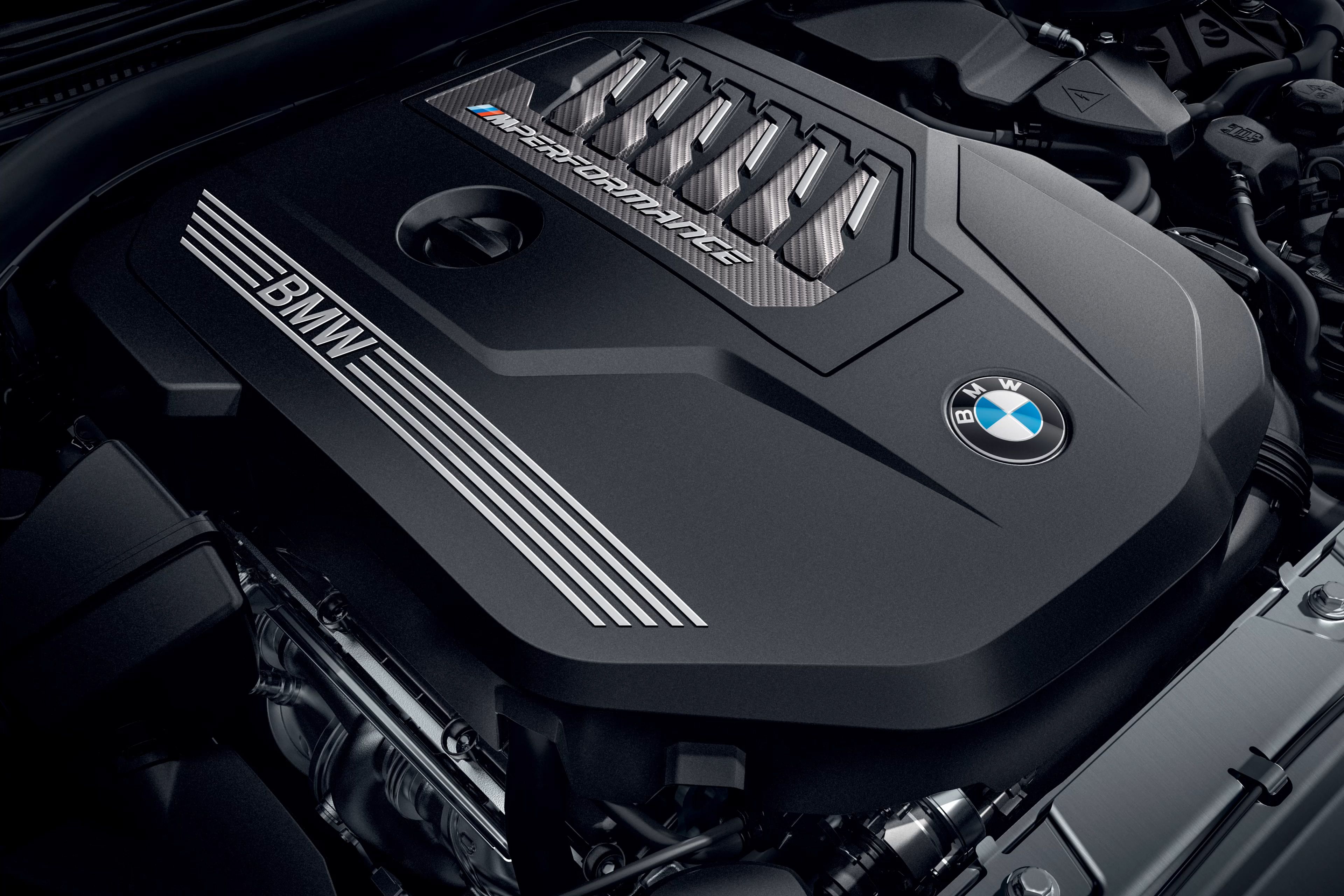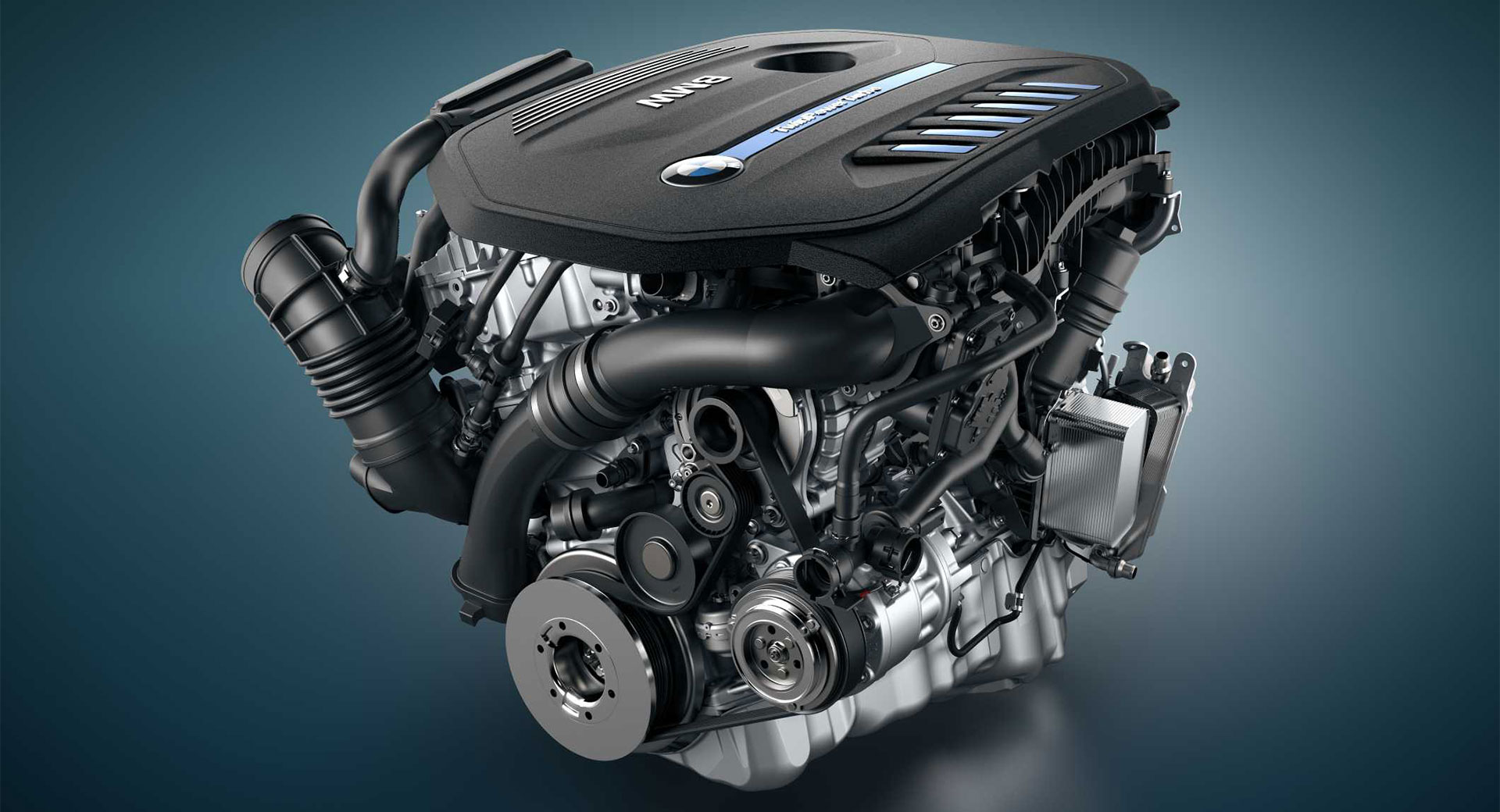A Beginner's Guide to Choosing the Right BMW Engine for Your Demands
A Beginner's Guide to Choosing the Right BMW Engine for Your Demands
Blog Article
Introducing the Intricacies of Next-Generation Power Units: a Deep Dive Into Advanced Engine Designs and Developments
As we stand on the precipice of a brand-new age in transport, the ins and outs of next-generation engine designs bid us to check out the advanced modern technologies and advancements that promise to redefine the driving experience. Digging deeper right into the realms of discharge control, smart engine monitoring systems, and the perspective of power unit growth, we find ourselves on the cusp of an improvement that promises to improve the landscape of wheelchair as we understand it.
Evolution of Engine Products

The shift towards advanced engine materials has actually also allowed designers to make engines with greater power outputs while preserving gas performance criteria. The use of lightweight materials decreases the general weight of the engine, leading to improved gas economic climate and lower discharges. Furthermore, improvements in products modern technology have enabled much better thermal administration within engines, causing increased dependability and durability.
Turbocharging and Supercharging Technologies
Just How do Turbocharging and Supercharging Technologies reinvent engine performance and efficiency in modern-day automobiles? Turbocharging and supercharging are modern technologies that significantly boost engine efficiency by enhancing the quantity of air intake into the burning chamber. Turbocharging achieves this by making use of a wind turbine driven by exhaust gases to pressurize the intake air, while turbo charging utilizes a belt- or chain-driven compressor to achieve the very same effect.
These modern technologies allow smaller sized, much more fuel-efficient engines to generate power comparable to bigger ones, referred to as downsizing. Forcibly more air into the cyndrical tubes, turbo charging and turbocharging enhance burning efficiency, causing enhanced horse power and torque output without a considerable rise in engine size. This brings about better velocity, towing capability, and total driving efficiency.
Furthermore, supercharging and turbocharging add to boosted fuel efficiency by permitting the use of smaller engines that eat less fuel under regular driving conditions - bmw engine. This combination of boosted efficiency and efficiency has made turbocharging and turbo charging integral elements of lots of modern-day engine designs
Discharge Control and Environmental Impact
With raising global issues pertaining to air quality and environmental sustainability, the application of exhaust control innovations in lorries plays a vital duty in reducing damaging toxins launched right into the atmosphere. Modern vehicles are geared up with sophisticated emission control systems that help reduce the environmental effect of automobile operations. Catalytic converters, as an example, are designed to convert toxic gases such as carbon monoxide, nitrogen oxides, and hydrocarbons into much less harmful materials like co2 and water vapor.
Moreover, developments in engine modern technology, such as the assimilation of exhaust gas recirculation systems and discerning catalytic decrease, have significantly contributed to lowering exhausts. These modern technologies function in tandem to enhance combustion efficiency and minimize the launch of damaging contaminants right into the air. Additionally, the growth of hybrid and electrical lorries stands for a critical action towards minimizing the overall ecological impact of the transportation field.
Intelligent Engine Monitoring Systems

Additionally, these systems enable automobiles to meet stringent exhausts standards without endangering performance, giving a much more eco-friendly driving experience. The integration of artificial knowledge and equipment understanding capacities in engine administration systems continues to press the limits of what is possible, bring about additional renovations in efficiency, integrity, and overall car performance. bmw engine. As automobile technology developments, intelligent engine administration systems will certainly play a vital role in forming the future of transportation towards an extra effective and lasting direction
Future Trends in Power Device Growth
As smart engine monitoring systems lead the means for boosted control and optimization in modern-day lorries, future fads in power unit advancement are poised to redefine the landscape of automobile propulsion innovations. These alternative power sources provide improved effectiveness and performance while straightening with stringent environmental regulations.
An additional substantial pattern is the combination of advanced materials and producing strategies. Lightweight materials such as carbon fiber and have a peek at these guys aluminum are being used to decrease general lorry weight, enhancing fuel performance and efficiency. In addition, innovations in 3D printing and additive production are making it possible for the production of intricate engine parts with greater precision and sturdiness.
Additionally, expert system and artificial intelligence are playing a crucial duty in enhancing power unit efficiency. These technologies enable real-time surveillance and adaptive control, bring about much more efficient and reliable power delivery. Generally, future trends in power system development are tailored in the direction of sustainability, effectiveness, and performance, driving the auto industry towards a brand-new period of propulsion innovations.

Conclusion
Finally, the improvements in engine materials, turbocharging, exhaust control, and intelligent monitoring systems have led the way for next-generation power systems. These innovations have not only improved efficiency and effectiveness however also minimized ecological effect. As technology proceeds to evolve, future patterns in power device development are likely to concentrate on additional enhancing sustainability and enhancing power result. The intricate styles and technologies in modern engines showcase the continuous advancement of automotive innovation.
Discovering the dynamic advancements in engine materials has actually been pivotal in improving the performance and effectiveness of contemporary engines. Over the years, the development of engine products has actually played a crucial function in pushing the boundaries of what engines can accomplish.The shift towards advanced engine materials has actually additionally made it possible for designers to make engines with greater power outputs while maintaining fuel effectiveness requirements.The application of intelligent engine management systems in modern vehicles has actually revolutionized the means engines are regulated and maximized for performance and effectiveness. By collecting data in real-time and evaluating it with advanced algorithms, smart engine monitoring systems can adjust to driving styles, environmental learn the facts here now variables, and engine hop over to here wellness to optimize power result while decreasing gas usage and emissions.
Report this page